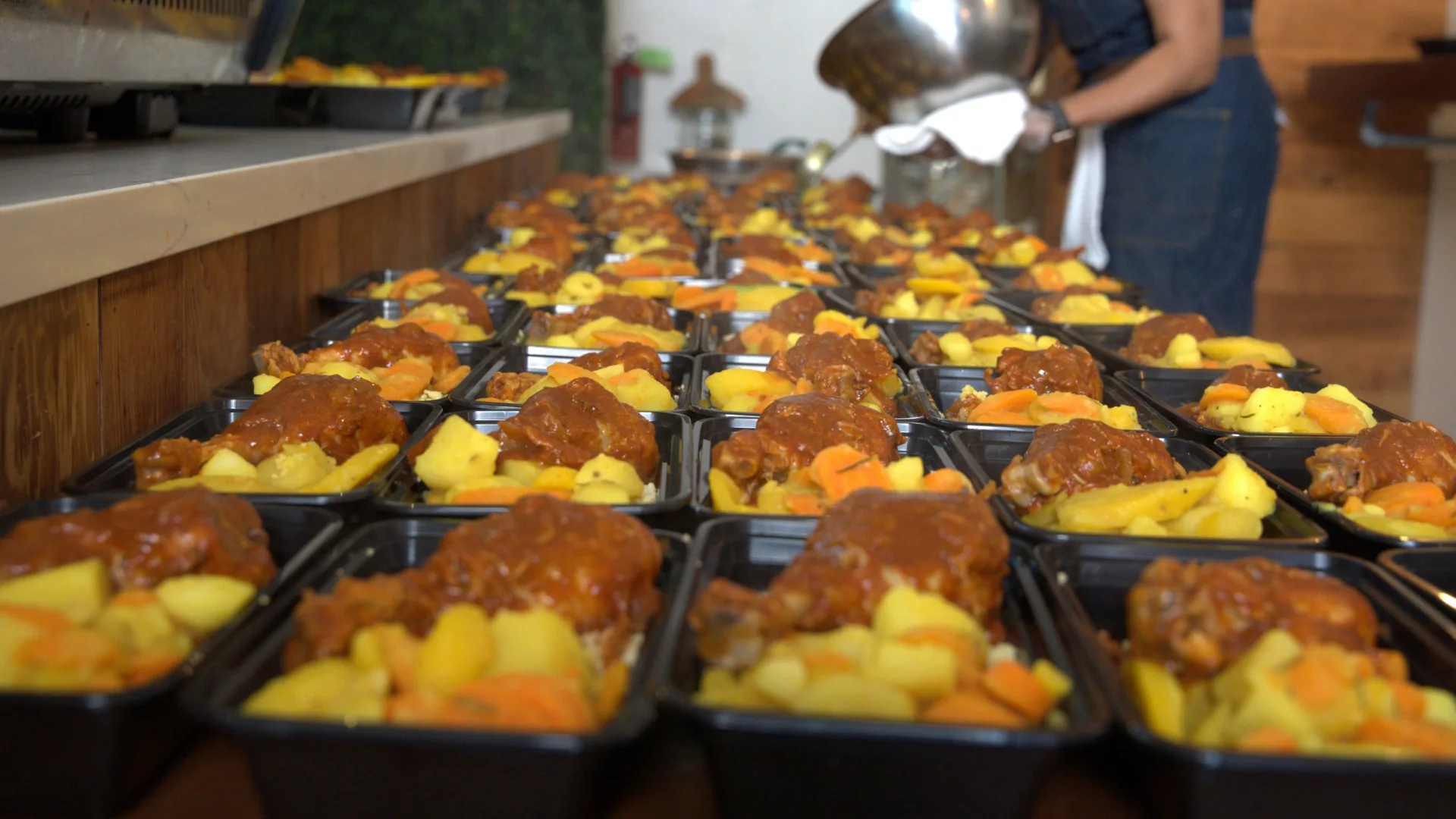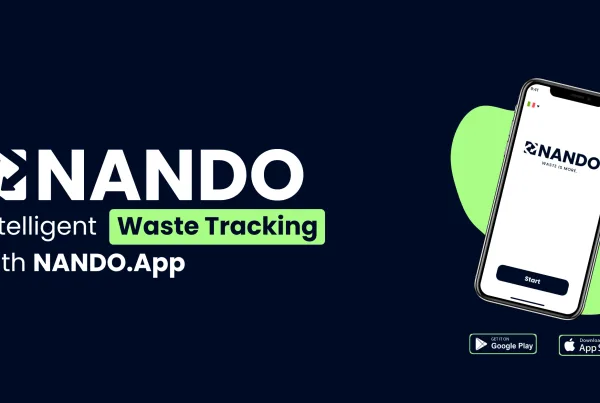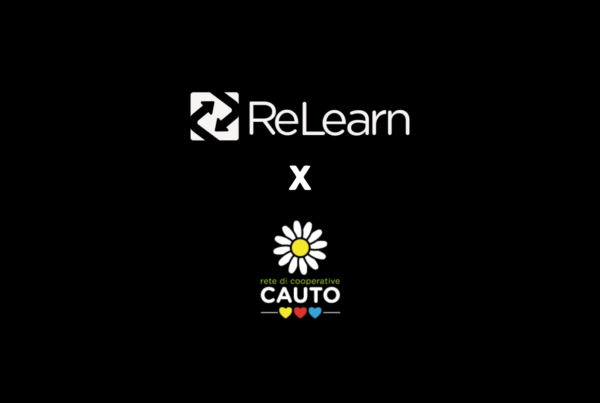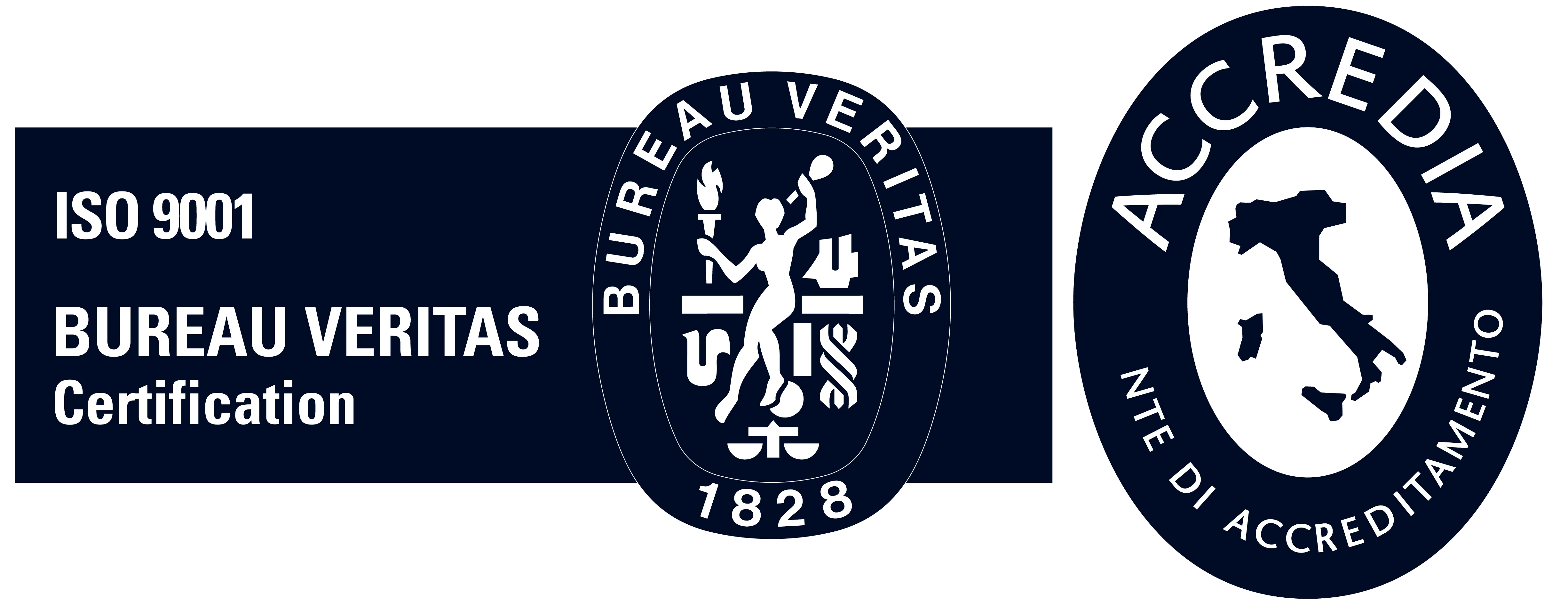How NANDO is Tackling Food Waste with Dussmann
How NANDO is Tackling Food Waste with Dussmann is a concrete example of how innovation and sustainability can work together to solve the food waste crisis in collective catering.
In today’s world, food waste management is not just a sustainability goal—it’s a global priority. Reducing food waste has become one of the most urgent and strategic challenges, especially in large-scale food service. For instance, the growing food waste problem in Italy alone highlights the pressing need for smart, AI-powered solutions to improve food waste management across the industry.
Consequently, as a direct result, NANDO is transforming with a pilot project a Roman canteen with Dussmann, actively addressing the growing global need for environmental responsibility and sustainable canteen management. In addition, this strategic move not only aligns with worldwide sustainability goals but also anticipates future challenges.
Indeed, the amount of food wasted in collective catering is not just an economic problem. It is also a serious environmental concern. Specifically, it contributes significantly to greenhouse gas emissions, wastes water and energy, and increases the burden on waste disposal systems. If you wonder why food waste is a problem, the answer lies in its multifaceted impact: it affects the environment, disrupts the economy, and raises awareness about critical resource use. Therefore, tackling food waste is essential for sustainable development and corporate responsibility.
Furthermore, effective food waste reduction requires innovation. Thanks to advanced AI and data-driven technologies, NANDO monitors and reduces waste in real time. Consequently, immediate savings occur, and long-term sustainability benefits are ensured.
A new frontier in food waste management
But what exactly is food waste management? It is more than just throwing away less food. It’s a system of data collection, real-time analysis, and strategic action to reduce waste at every stage of the food service process. This is precisely what NANDO enables.
With the launch of this collaboration, NANDO is making a decisive breakthrough in food waste management within corporate canteens, in partnership with Dussmann, a leader in sustainable catering.
How It Works: AI for Better Food Waste Monitoring
Using machine learning and computer vision, two cameras installed at the tray return area detect and categorize leftover food. These cameras automatically capture images of uneaten food left on diners’ plates. NANDO’s AI then classifies the food into 21 categories and estimates its weight.
This real-time monitoring system transforms professional kitchens into intelligent environments driven by food waste management best practices. NANDO’s method produces reliable data that maps the entire food flow—from preparation and consumption to disposal—providing powerful insights for action.
Canteens Reinvented with AI and Food Waste Management
The platform helps answer questions like “how can we stop wasting food?” or “why is food waste a problem in professional kitchens?”—then provides concrete data to fix it.
These insights are not just statistics—they are strategic tools for precise and effective food waste management. Kitchens can identify what foods go uneaten most often, reduce portion sizes, align menus to real preferences, and optimize purchasing.
NANDO also helps significantly reduce unserved food waste, a persistent issue in professional kitchens where overproduction causes unnecessary costs and environmental harm. With predictive analysis based on real consumption patterns, kitchens can adjust production volumes accordingly. Real-time AI data enables better forecasting, menu planning, and procurement. Food waste due to overproduction can drop from 20% to just 6–8%.

With better portioning, stock management, and menu design, canteens become smart ecosystems—more efficient, sustainable, and aligned with user preferences.
The added value of AI for Dussmann and professional kitchens
We spoke with Alessio Vismara, Chief Operating Officer of Dussmann’s Business & Industry division. He explained how NANDO is transforming the approach to collective catering:
“This innovation enables us to analytically and accurately monitor perceived quality within our corporate restaurants. The data we collect allows us to personalize and improve our offering to better meet our customers’ tastes and expectations.”
This data-driven approach places NANDO among the most advanced food waste management projects in Europe. It turns waste monitoring into a full strategy—not just a way to measure. Canteens become dynamic environments where sustainability, economic efficiency, and service quality reinforce each other.
Environmental impact and corporate responsibility
The environmental dimension is central to this project. Through reducing emissions and conserving resources, every kilogram of food saved by NANDO.
Thanks to the data collected, the project provides a customizable dashboard that visualizes environmental impact in real time. This empowers operators to adopt more responsible and sustainable strategies. Every kilogram of food saved means fewer emissions and less use of natural resources. It’s a key step toward a circular economy and the fight against climate change.
NANDO’s AI monitoring brings a wide range of benefits:
-
Accurate and real-time data for timely, targeted interventions;
-
Cost reduction through better stock management and minimized waste;
-
Improved food quality and personalized service thanks to insights into real preferences;
-
Environmental sustainability with reduced emissions and natural resource consumption.
Towards a smarter and more sustainable future
Adopting innovative solutions like NANDO for food waste marks a turning point for corporate, school, and collective canteens. Digitalization, automation, and data analysis are transforming food waste management into an opportunity for ongoing improvement.
In collaboration with partners like Dussmann, NANDO is paving the way for a new generation of intelligent kitchens. By combining technology and sustainability, we maximize every resource and minimize waste.
If you want a more efficient, sustainable, and data-driven canteen, NANDO’s AI monitoring can help.
Visit our LinkedIn Page to stay updated: linkedin.com/company/re-learn
Or Book a Free Demo with us: Contact us






